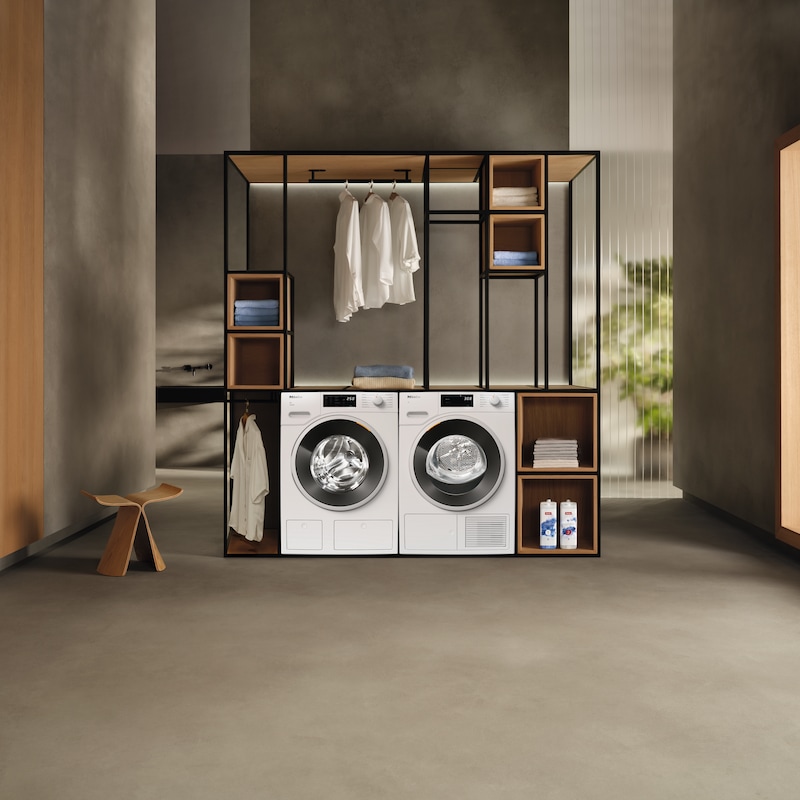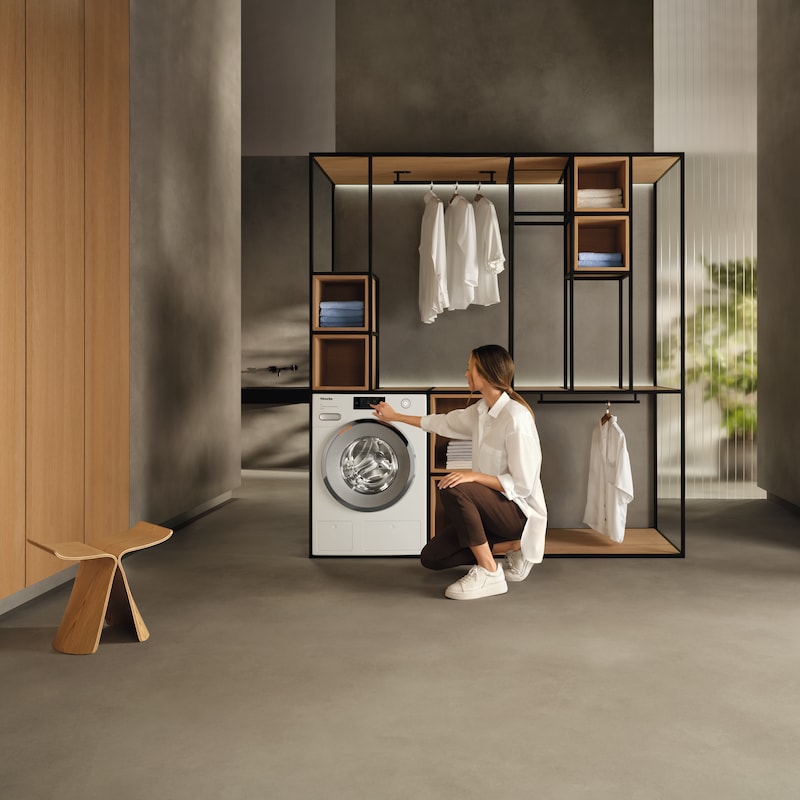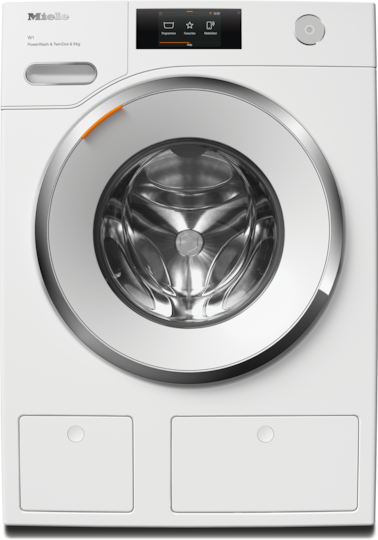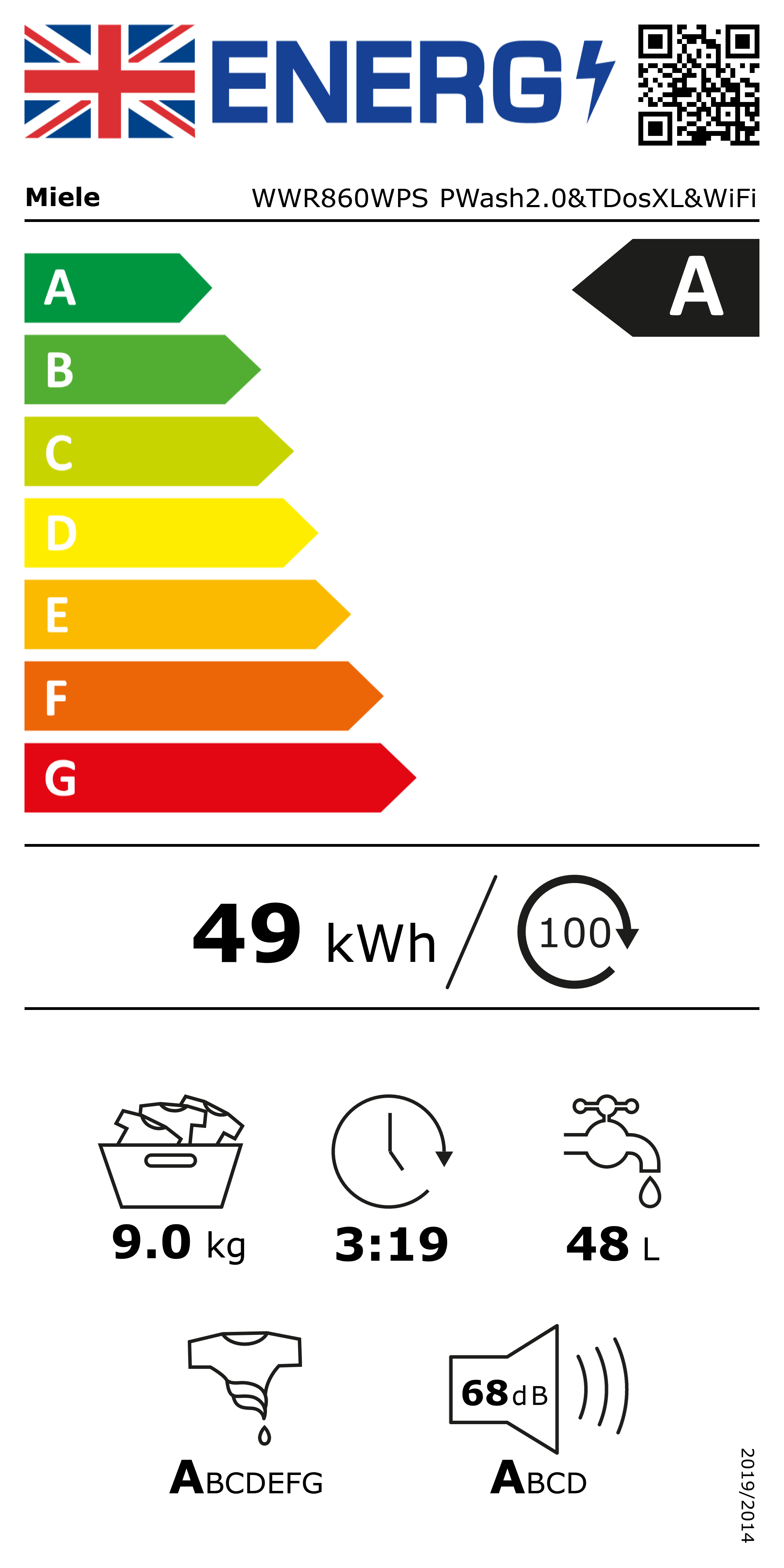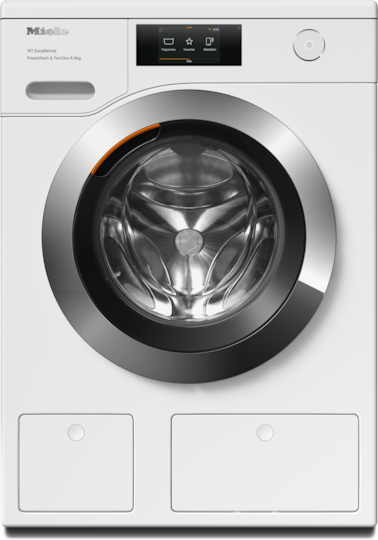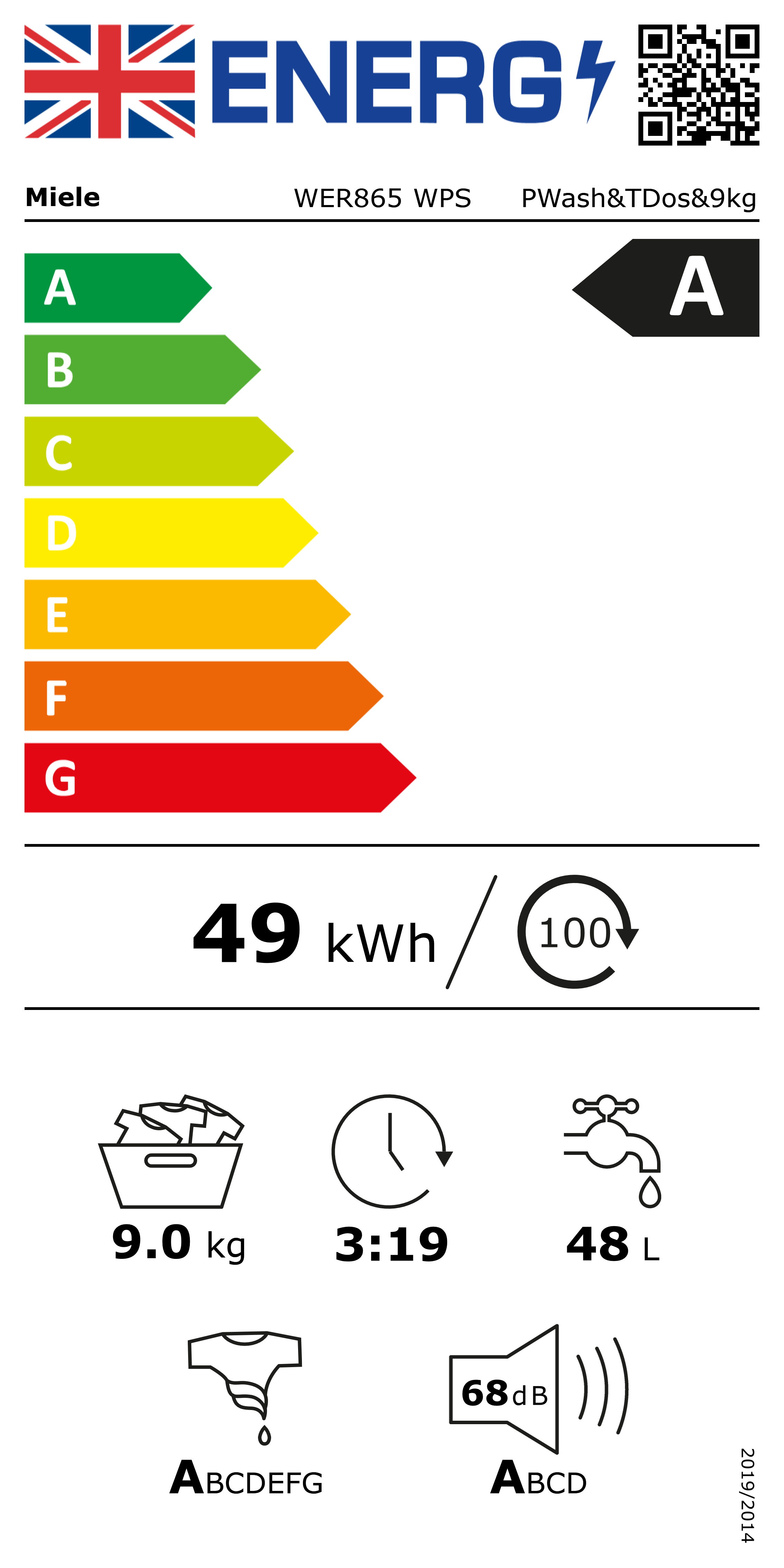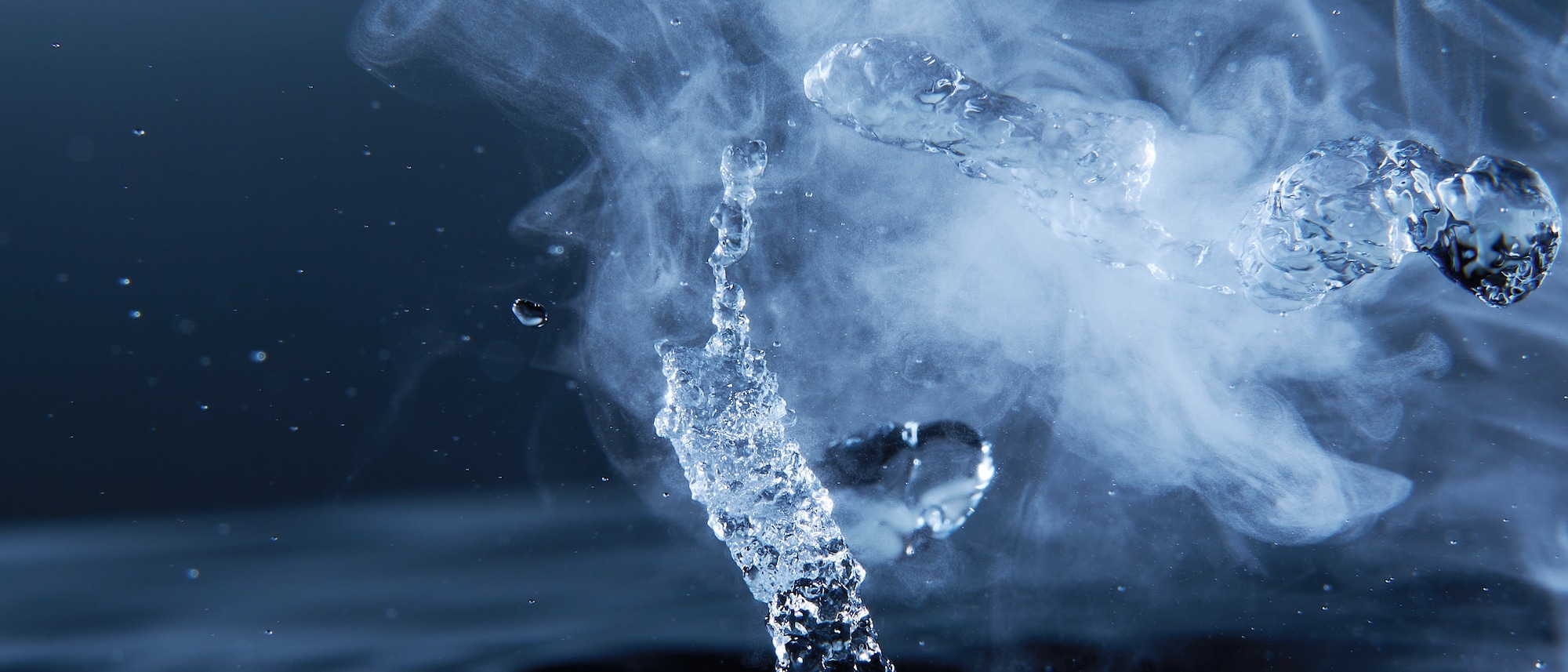
Tips for Dealing with Hard Water
Water hardness refers to the mineral content present in water, mainly consisting of calcium and magnesium ions. The level of water hardness can have a significant impact on the effectiveness of laundry detergents. In this article, we will explore the effects of water hardness on laundry and what can be done to ensure the best laundry results from your Miele washing machine.
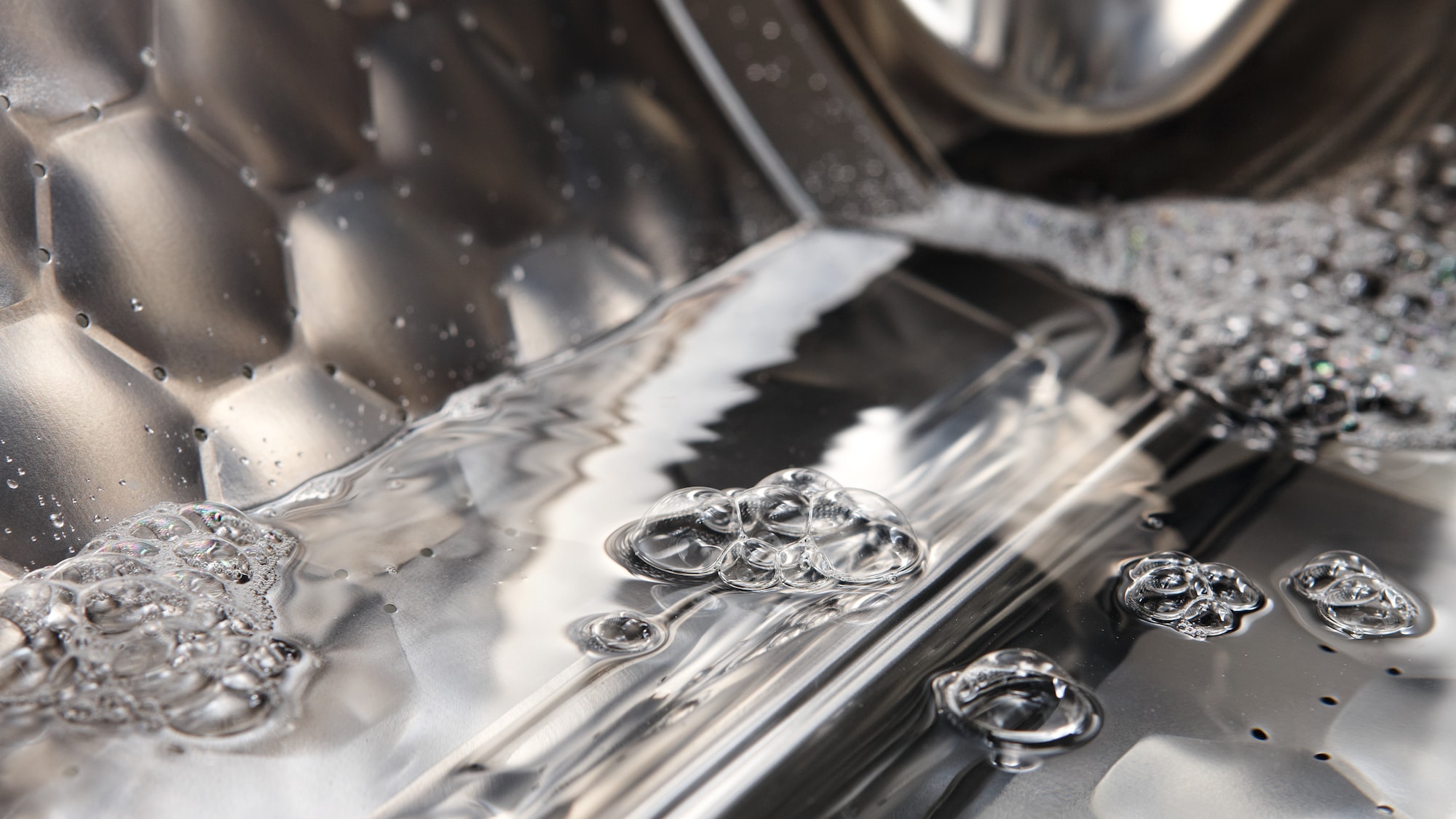
What Causes Water Hardness?
Water hardness is determined by the concentration of minerals, primarily calcium and magnesium, in the water. These minerals are naturally present in the ground and can dissolve in the water supply as it passes through rocks and soil. The hardness level is typically measured in grains per gallon (GPG) or parts per million (PPM).
The Impact of Water Hardness on Laundry
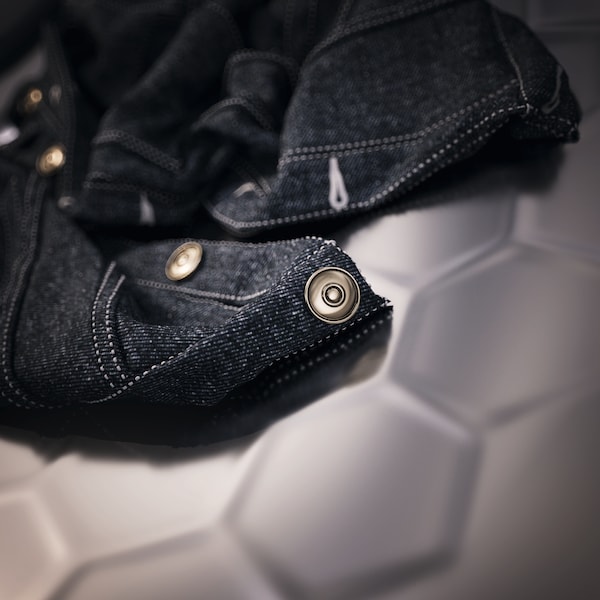
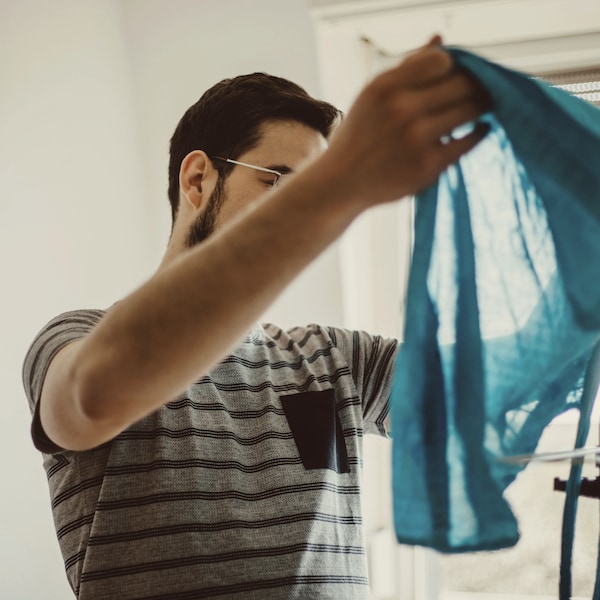
1. Stiff and discoloured fabrics
One of the most noticeable effects of hard water on laundry is the stiffness and dullness of the clothes after washing. Hard water minerals can bind with the detergent, forming a residue that clings to fabrics.
With hard water, clothes can lose their softness and vibrant appearance. The presence of mineral deposits can also make fabrics rough, causing discomfort when wearing them.
2. Soap Scum Residue
Hard water can lead to the formation of soap scum residue on clothes. The minerals present in hard water react with soap, creating a sticky film that coats the fibres.
This residue can make clothes feel unclean even after washing and may contribute to skin irritation for individuals with sensitive skin.
3. Reduced Cleaning Power
Hard water minerals can interfere with the cleaning power of laundry detergents. The minerals bind with the surfactants in the detergent, reducing their ability to lift stains and dirt from fabrics.
As a result, clothes washed in hard water may not come out as clean as desired, even after multiple washing cycles.
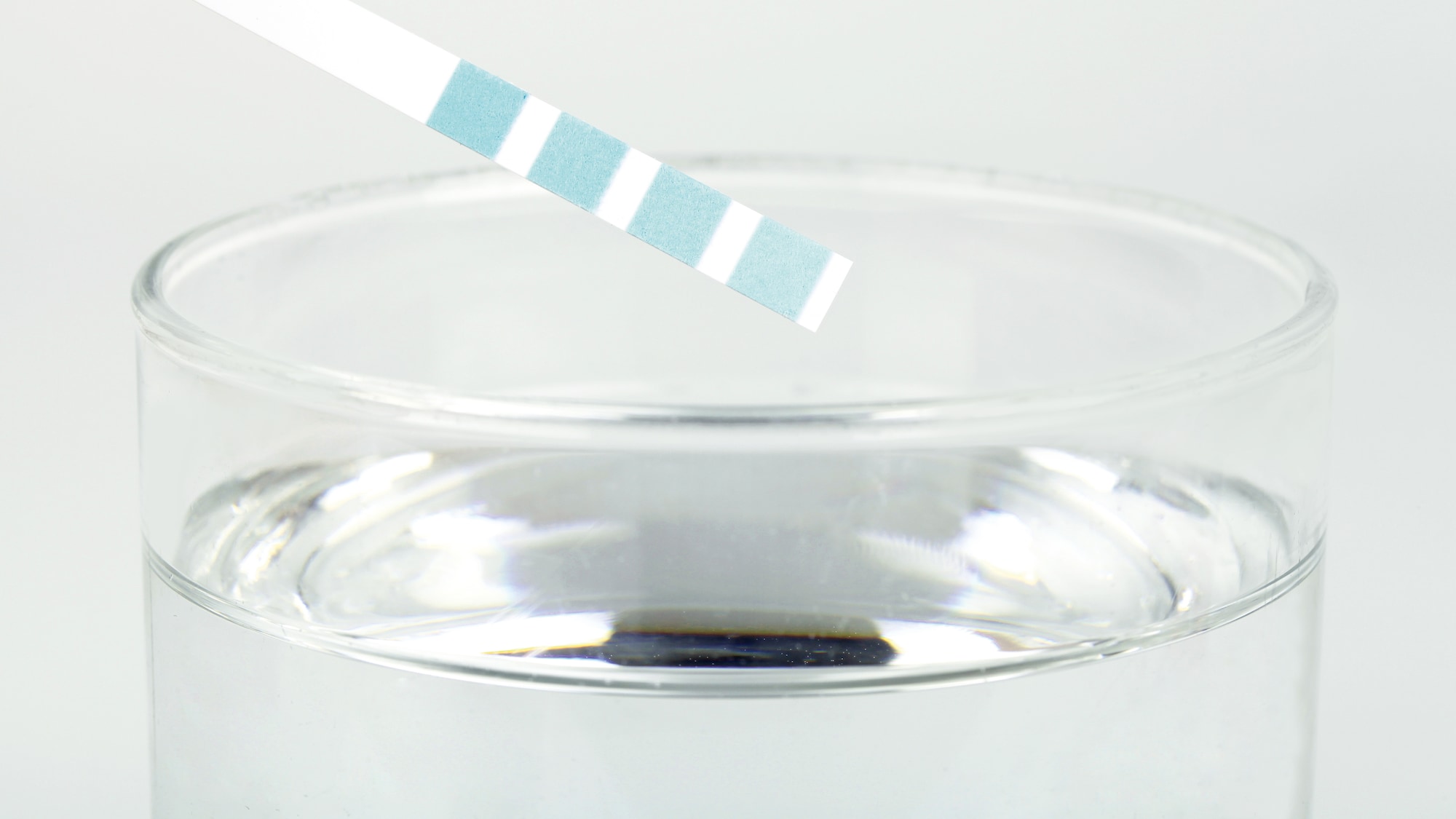
Miele Water Hardness Settings
Even if you think your water is soft, things can change, so it’s always worth checking before you set your Miele washing machine on a cycle. Check the hardness and level, then make sure your machine is set to deal with the hardness level accordingly.
The good news is that your Miele washing machine has a built-in hard water setting to ensure the right amount of detergent is used for washes in hard water areas. Just look up the water hardness level in your area, apply the setting, and the machine will do the rest.
Remember that water hardness can change, so check this setting every few months to make sure your machine is applying the right amount of detergent depending on the hardness of the water.
Tips for Dealing with Hard Water
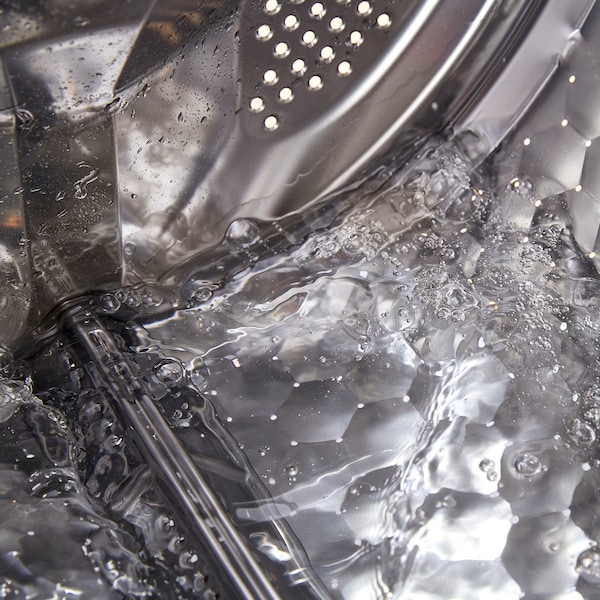
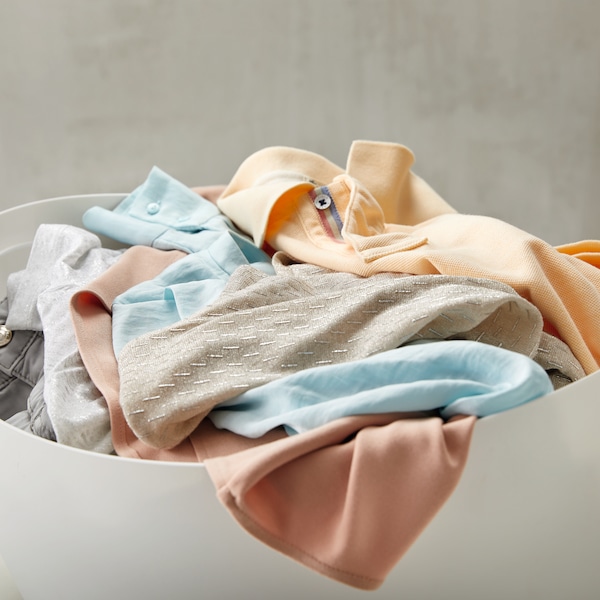
Using Water Softeners
Water softeners are devices that can be installed in your home's plumbing system to remove minerals that cause water hardness.
These systems work by exchanging calcium and magnesium ions with sodium ions, effectively softening the water. Softened water improves the performance of detergents and helps prevent mineral buildup on clothes.
Do you need water softeners for a Miele washing machine?
Your Miele washing machine doesn’t need water softeners, but they can improve performance and help you to use less detergent.
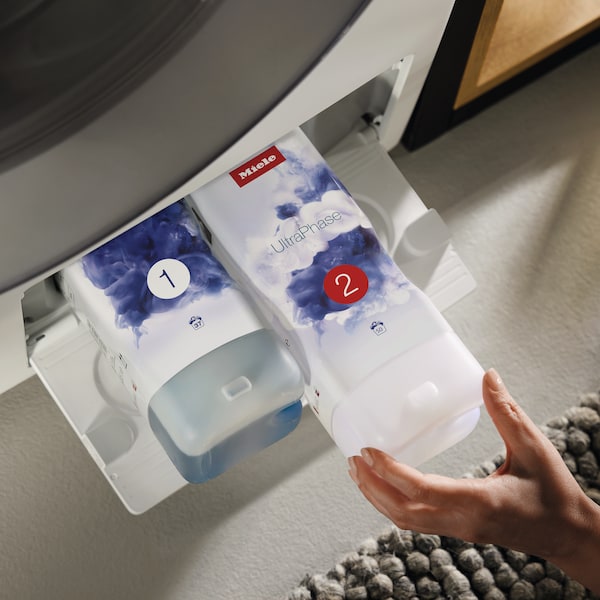
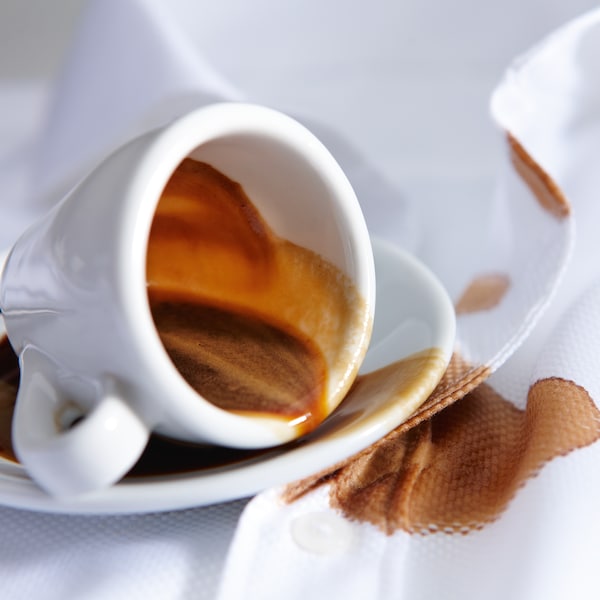
Use Miele UltraPhase detergent
Miele UltraPhase laundry detergent is specially designed to perform best regardless of the water hardness in your area.
With our automatic detergent dispensing technology, TwinDos®, your machine will select just the right amount of UltraPhase 1 & 2 detergent and water, further enhancing your washing cycle in addition to saving you time and effort.
Thinking About Buying a New Washing Machine? Take a Look at our Highlighted Models Below
- 1 Installation and recycling options available at checkout. For installation of built-in appliances please call 0330 160 6630
- Subject to technical changes; no liability accepted for the accuracy of the information given
Yes, vinegar can help soften hard water to some extent. Adding half a cup of white vinegar to the rinse cycle can act as a natural water softener and reduce mineral buildup on clothes.
No, not all laundry detergents are equally effective in hard water. Look for detergents specifically formulated for hard water or labeled as "mineral-fighting" to ensure better cleaning results. Miele UltraPhase detergent is designed to work in hard water areas.
Yes, hard water can cause mineral deposits to accumulate inside your washing machine, affecting its efficiency and potentially shortening its lifespan. Regular cleaning and maintenance are essential to prevent this issue.
Hard water minerals can contribute to the fading of colours over time. Using the appropriate detergent and adding a water softener can help preserve the vibrancy of your clothes.
